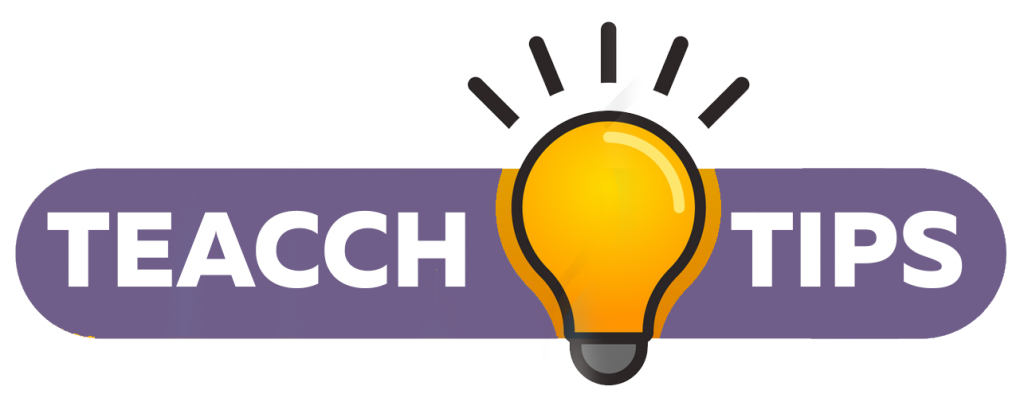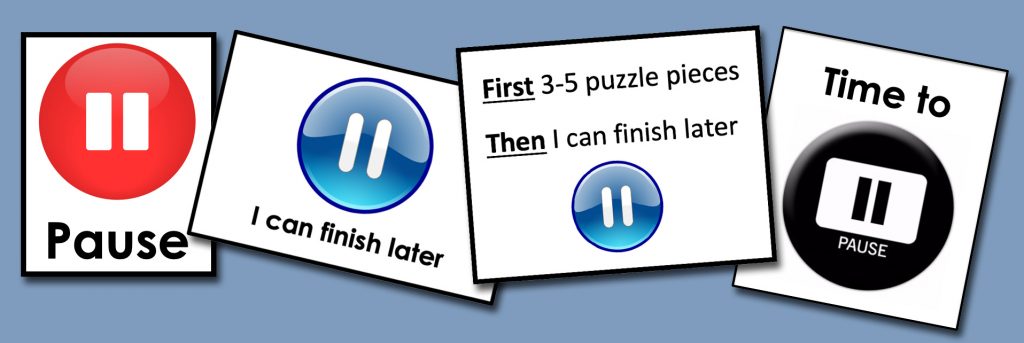
Over the past two months, the TEACCH clinics have been working hard to transition services to telehealth. This method of care involves the use of telephone or video software to provide services to our families. We have been able to see many of our families using these means since March 20th. We are looking forward to seeing everyone again in person, but in the meantime we hope to connect using telehealth.
Laura Klinger and Kara Hume presented a webinar: Supporting Individuals with Autism During COVID-19 on April 23, 2020.
This webinar highlights some elements of Structured TEACCHing concepts from organizing the day, helping with adapted living, and social story ideas on current situations. It can be a good resource to stimulate leisure ideas and help with presenting information to children in a way that they comprehend.


Laura Grofer Klinger is the Executive Director of the UNC TEACCH Autism Program and an Associate Professor in the UNC Department of Psychiatry. She is a licensed psychologist with more than 27 years of experience supervising clinical and research staff in the assessment and treatment of children and adults with autism.
She has served as the Executive Director of TEACCH for nine years. She trained at TEACCH in the early 90’s so she feels very privileged to be the director of the program where she started her career. She says that she is honored to have her “dream job.” In her current role, she provides oversight for all clinical work, training, and research activities at TEACCH. Her specialization is in adolescents and adults with autism. She is interested in how to support a successful transition to adulthood for adolescents with autism and is currently the principal investigator on two research studies examining the effectiveness of the TEACCH School Transition to Employment and Post-Secondary Education (T-STEP) Program. This is a community college program for 16-21-year-olds with autism. She is also interested in what happened to adults with autism who were diagnosed at TEACCH as children. She is following up with this group of adults to learn about employment, quality of life, and aging. When she is not at TEACCH, she enjoys hiking, teaching Sunday school at her church, and spending time with her family.

The University of North Carolina National Clearinghouse on Autism Evidence & Practice team at the Frank Porter Graham Child Development Institute has completed their new report on Evidence Based Practices (EBPs). Note that visual supports continue to be included as an evidence based practice. In fact, it is one of the evidence-based practices with the strongest support.
 |
 |
A collection of tips to help provide support to our families and provide ideas on how to support individuals with autism during times of change. The latest TEACCH tip is called: The Power of the Pause Card. This tip works great for supporting individuals with autism of all ages.
- Often a person with ASD struggles to transition away from a preferred activity even with the use of other visuals and reminders.
- Nearly everyone is familiar with the “pause” symbol – it is on all of our electronics!
- When the person with ASD is having a hard time leaving an activity, place the pause card on the activity, such as a jigsaw puzzle, drawing activity, or even a tablet.
- This indicates the activity is “paused for now” and they will be able to come back to it.
Click here for more information on this tip and downloadable material!
Brought to you by TEACCH’s Resource and Referral Specialists